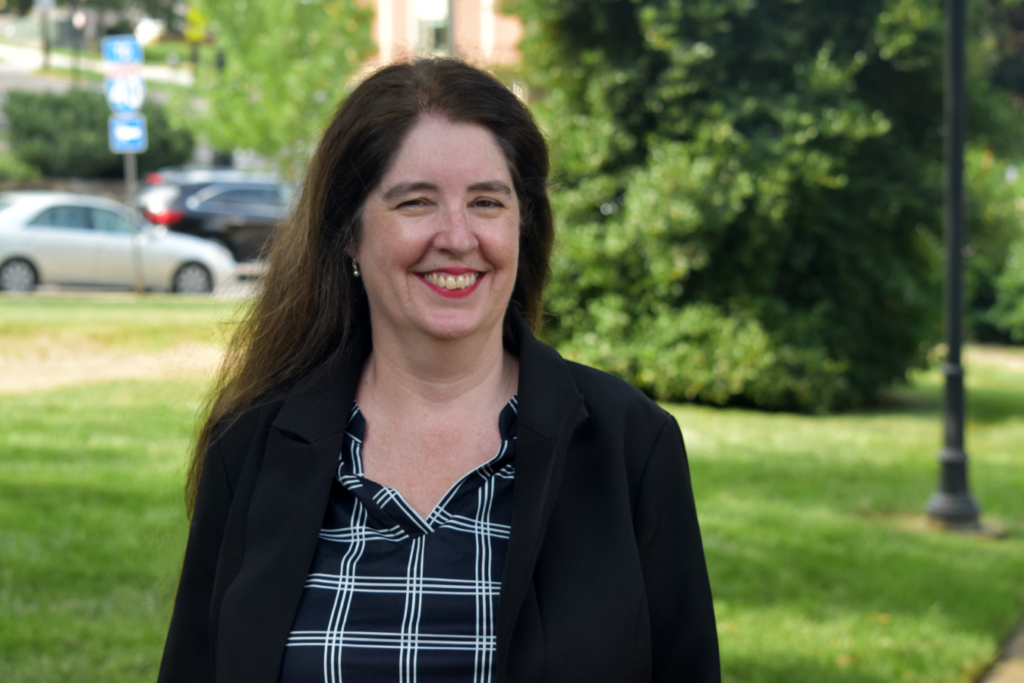
University of Tennessee College of Social Work Urban Child institute Endowed Professor and Associate Professor of General Pediatrics Dr. Anne Conway focuses her research on how sleep and mental health intertwine. As Daylight Savings Time approaches and most of the country springs forward, Conway notes that changes in sleep predict mental health difficulties, particularly in female teens, even with as little of a change as one hour.
“The shift towards later bed and wake times from weekends to school/workdays, as well as Daylight Savings Time, is known as social jetlag as individuals may feel like they traveled across time zones,” Conway explained. “Following puberty, adolescents experience a biological shift towards later bed and wake times. Studying data from the National Institute of Child Health and Human Development, we found that more social jetlag in 12-year-olds predicted mental health difficulties at age 15 for girls, but not boys. Identifying and addressing social jetlag in girls during middle school/early adolescence is critical.”
Biological changes contribute to preferences for later bed and wake times during adolescence, yet the social constraints of school start times necessitate early wake times. This often results in social jetlag, which can be defined as a misalignment between preferred sleep timing on weekends and school days. Conway and her colleague Dr. Allison Miller examined whether social jetlag predicts adolescent mental health difficulties over time and/or whether associations differ based on gender. The team used data from the National Institute of Child Health and Human Development Study of Early Childcare and Youth Development Study to test whether social jetlag at sixth grade (ages 12–13 years) predicted mental health difficulties at age 15 years and whether child gender moderated associations. Results were that social jetlag at sixth grade did lead to more mental health difficulties by the age of 15 in females. Preparing youth for changes in sleep timing due to Daylight Savings Time and addressing weekly social jetlag is essential for mental health. Conway suggests to start going to sleep and waking up 15 minutes earlier by Monday and the shift to daylight saving time will feel less intense.
Click here to read the entire study:
https://www.tandfonline.com/doi/epdf/10.1080/07420528.2023.2265480?needAccess=true
Anne Conway is an associate professor of Social Work at the University of Tennessee, an associate professor of Pediatrics at the UT Health Science Center, and research affiliate at the University of Washington, Center for Studies in Demography and Ecology. Her research interests include maternal and child health and development (sleep, mental health, education, nutrition, and food insecurity). https://faculty.utk.edu/Anne.Conway
Alison Miller is a professor of Health Behavior and Health Education at the University of Michigan, School of Public Health, and Director of the Child Health and Development Laboratory. Research interests include child development and health (mental health, eating, obesity, sleep), poverty, social determinants of health, child, and family interventions. https://sph.umich.edu/faculty-profiles/miller-alison.html